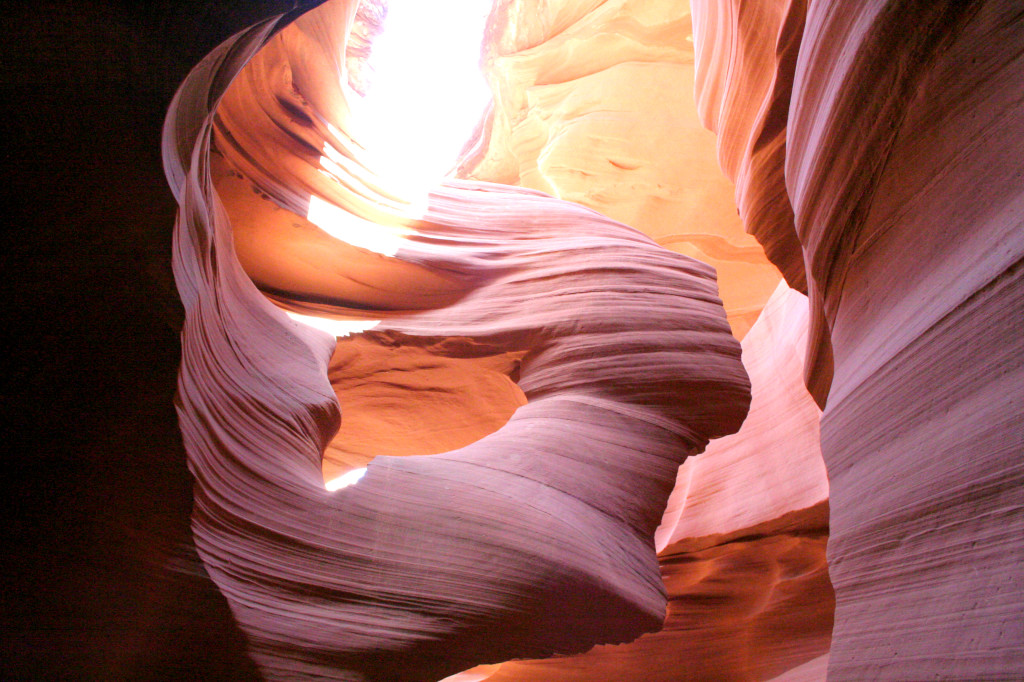
#1 Always Tell Someone Where You Are Going
In the film, Aaron runs into trouble in a way that could happen to anyone. Where he made his near fatal mistake was in not letting anyone know where he was going. Had he mentioned to someone where he was going and how long he was going to be, 127 hours could have been less than 48 hours and he might still have much of his arm! It is imperative that you notify someone of your hiking, canyoneering or mountaineering plans before you head out with a deadline as to when they should hear back from you. Rangers will not go looking for you even if you checked in before your hike. It is your responsibility to contact a friend or family member of your plans to ensure a rescue party will be sent if you fail to report in to them.
#2 Always Be Prepared
Aaron was short on water and food because he only planned to be out on Blue John Canyon for about 4 hours or less. He quickly had to ration his minimal food and water minimizing his odds of survival. When going out even on a day hike, always take at least double the water you think you will need and extra food. You never know if a simple hike can turn into a survival situation. A wrong turn that gets you lost or an accident like Aaron’s can make 4 hours, 5 days and you want to ensure you have enough food and water to wait out a rescue party if necessary.
#3 Don’t Go Alone
Some people are used to their routes and feel confident enough to hit a trail on their own, but it is not advisable especially for a new undiscovered route. Had Aaron gone with a partner, there may have been a chance that one would not have been stuck and could have gone to get help for the other. You never know what kind of situation you are going to run into, particularly if you are heading to a remote area that is barely traversed nor maintained like Blue John Canyon. If you must go at it alone, then please refer to #1 above and tell someone where you are going.
#4 Always Carry a Basic Survival Kit
In the movie, Aaron was low on items in his backpack that could have helped him in his situation. Although I don’t believe a survival kit would have been much help either, other situations would definitely benefit from having one. Basic things include a compass with an actual map even if you carry a GPS. You never know when you might run out of battery. A good swiss army knife never goes out of style on any type of trip. An item that would be very helpful, more so in cold environments would be the emergency blanket. It folds up nicely in your pack as to not take up too much space so there is no excuse not to have one in your kit. A small first aid kit at least would be optimal. Other useful items to keep in a kit include a whistle, signaling mirror, and matches with fire starter. Lastly water purification tablets are always handy in case suitable water becomes scarce. These should be in everyone’s bag at all times whether you are going out for a quick hike or several days. They are essential to survival in the event of an emergency.
What other rules do you abide by when hiking?


Leave a Reply